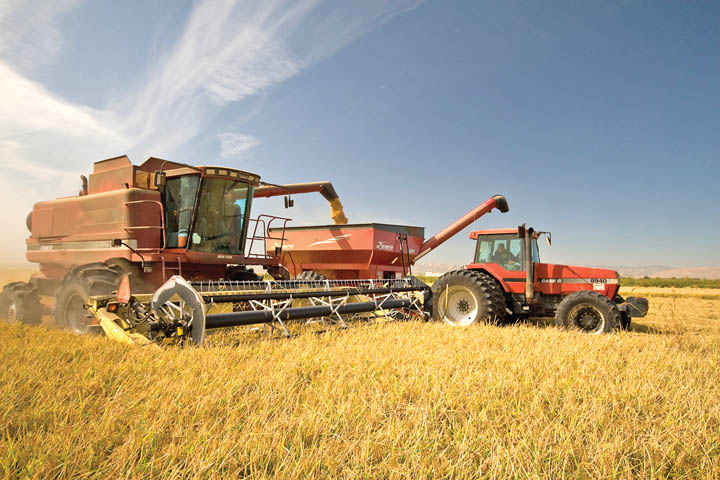April 25, 2013

A scientific paper that garnered worldwide headlines about high levels of lead in imported rice has been withdrawn by its author for flaws. U.S.-grown rice was never implicated in this study, however, the publicity generated immediate calls from the media and created concern among consumers, who do not differentiate between imported and domestic rice when the safety of rice and rice products is in the headlines.
The research, conducted by Monmouth University Professor Tsanangurayi Tongesayi, was in a poster presentation at the American Chemical Society (ACS) conference in New Orleans recently and concluded that imported rice was heavily contaminated with lead, with numbers so high scientists at the ACS meeting with experience in rice and contaminants immediately questioned the data.
In the week since the meeting, outside scientists and the U.S. Food and Drug Administration have reviewed the research. Under the scrutiny, Chemistry Professor Tongesayi recalled his paper. It appears that the study was never verified or peer reviewed prior to its presentation at ACS.
After the BBC published its story, other media outlets, including online news outlets and bloggers, covered the story as fact. Most failed to perform the most basic of fact-checking before publishing the result or they would have discovered that these results were not in line with any previous, peer-reviewed scientific literature regarding lead in rice grains. In the meantime both consumers and the food production chain reacted to what they thought was valid scientific data about lead levels in rice.
This recent incident serves as an example of what happens when scientists or consumer advocates fail to thoroughly measure and validate research findings before announcing results that often lead to sensational headlines. It also provides a valuable reminder that any negative media stories about the safety of rice generate consumer concern about all rice on the grocery shelf.
More from Western Farm Press
Dairy farmer blends vodka from cow’s milk
Times are good for California agriculture
Rush to ban neonicotinoid pesticides often political
Agriculture readies for its ultimate challenge
PETA drones a trophy prize for US hunters
You May Also Like




